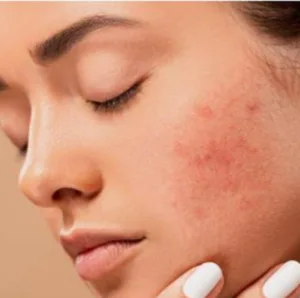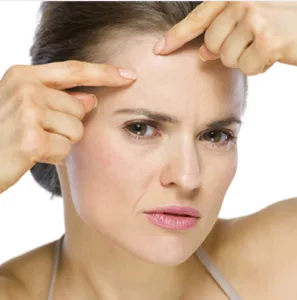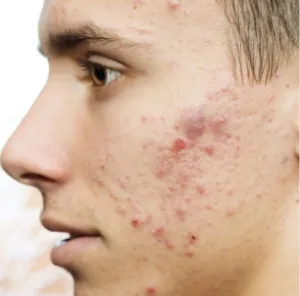Knowledge sharing
Moisturizing Creams: The Must-Have Step for Radiant, Healthy Skin
Introduction:
Moisturizing creams are an essential part of any skincare routine, providing critical hydration and nourishment to the skin. No matter your age, skin type, or lifestyle, moisturizing is a step that should never be skipped. Proper hydration is the foundation of healthy skin—it keeps the skin barrier strong, protects against external irritants, and helps maintain a youthful glow. Many people underestimate the power of a good moisturizer, thinking it’s only necessary when the skin feels dry. In reality, moisturizing is crucial for preventing a wide range of skin issues, from flakiness and irritation to premature aging and dullness.
Moisturizing is much more than a step toward soft, supple skin—it’s a cornerstone of long-term skin health. Consistent use of moisturizing creams helps strengthen the skin’s natural barrier, improves its ability to retain hydration, and protects it from environmental stressors like pollution and weather changes. Regardless of your skin type—dry, oily, sensitive, or combination—a well-chosen moisturizer can balance moisture levels, reduce irritation, and boost your skin’s natural glow. Opting for the right product tailored to your skin’s unique needs ensures lasting results. With daily care, moisturizing supports a radiant, resilient, and healthier-looking complexion.
In this article, we’ll explore why moisturizing creams are so important, focusing on their role in maintaining hydration, protecting the skin’s natural barrier, preventing wrinkles, and enhancing overall skin texture and appearance. Understanding these benefits will help you make informed choices about your skincare routine and ensure your skin gets the care it deserves.

The Importance of Hydration for Skin Health
One of the most critical functions of moisturizing creams is hydration. Hydrated skin is healthy skin. Just like the rest of our body, the skin requires moisture to perform its daily functions, including protecting us from harmful environmental elements, regulating temperature, and keeping out harmful bacteria. Without adequate hydration, the skin can become dry, irritated, and more vulnerable to damage.

When the skin lacks moisture, its natural barrier becomes weakened, leading to problems such as dryness, flakiness, and even conditions like eczema and psoriasis. In severe cases, lack of hydration can cause the skin to become prematurely aged. The water content of the skin helps keep it plump, elastic, and youthful. That is why moisturizing creams that restore moisture to the skin are crucial for overall skin health.
Moisturizing creams help replenish the moisture lost throughout the day due to environmental factors like sun exposure, wind, air conditioning, and pollution. They provide an additional layer of protection, ensuring that the skin remains hydrated, soft, and smooth.
How Moisturizers Protect the Skin’s Natural Barrier
The skin has a natural protective barrier that keeps harmful substances such as dirt, pollutants, and bacteria from entering the body. This barrier, called the stratum corneum, is composed of dead skin cells and lipids that work together to form a protective shield. However, when the skin becomes dry or compromised, this barrier becomes weak, making the skin more susceptible to damage.
Moisturizing creams help support and enhance the skin’s natural barrier by replenishing lipids (fats) that are essential for barrier function. Lipids in moisturizers such as ceramides, fatty acids, and cholesterol are known to help restore the skin’s protective barrier, improving its ability to retain moisture and protect against environmental stressors.
When you use a moisturizing cream that contains ingredients like ceramides or hyaluronic acid, these substances attract water molecules and lock them into the skin, ensuring that the skin remains hydrated and well-protected. This protection helps prevent dehydration, which can result in redness, irritation, and increased sensitivity.
Moreover, the barrier function of the skin is important not only for retaining moisture but also for preventing the penetration of harmful substances such as allergens, pollutants, and even some bacteria that could potentially lead to skin infections.


